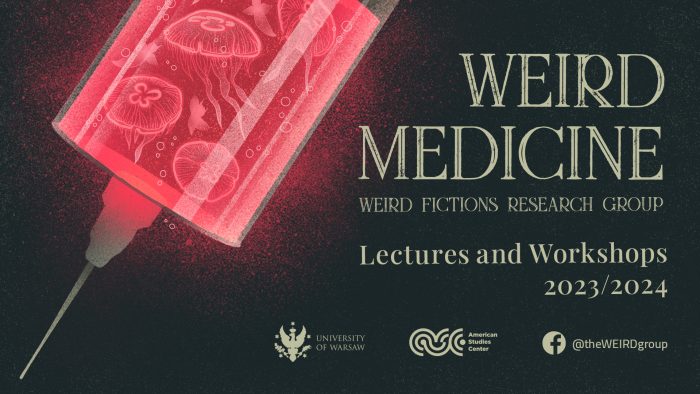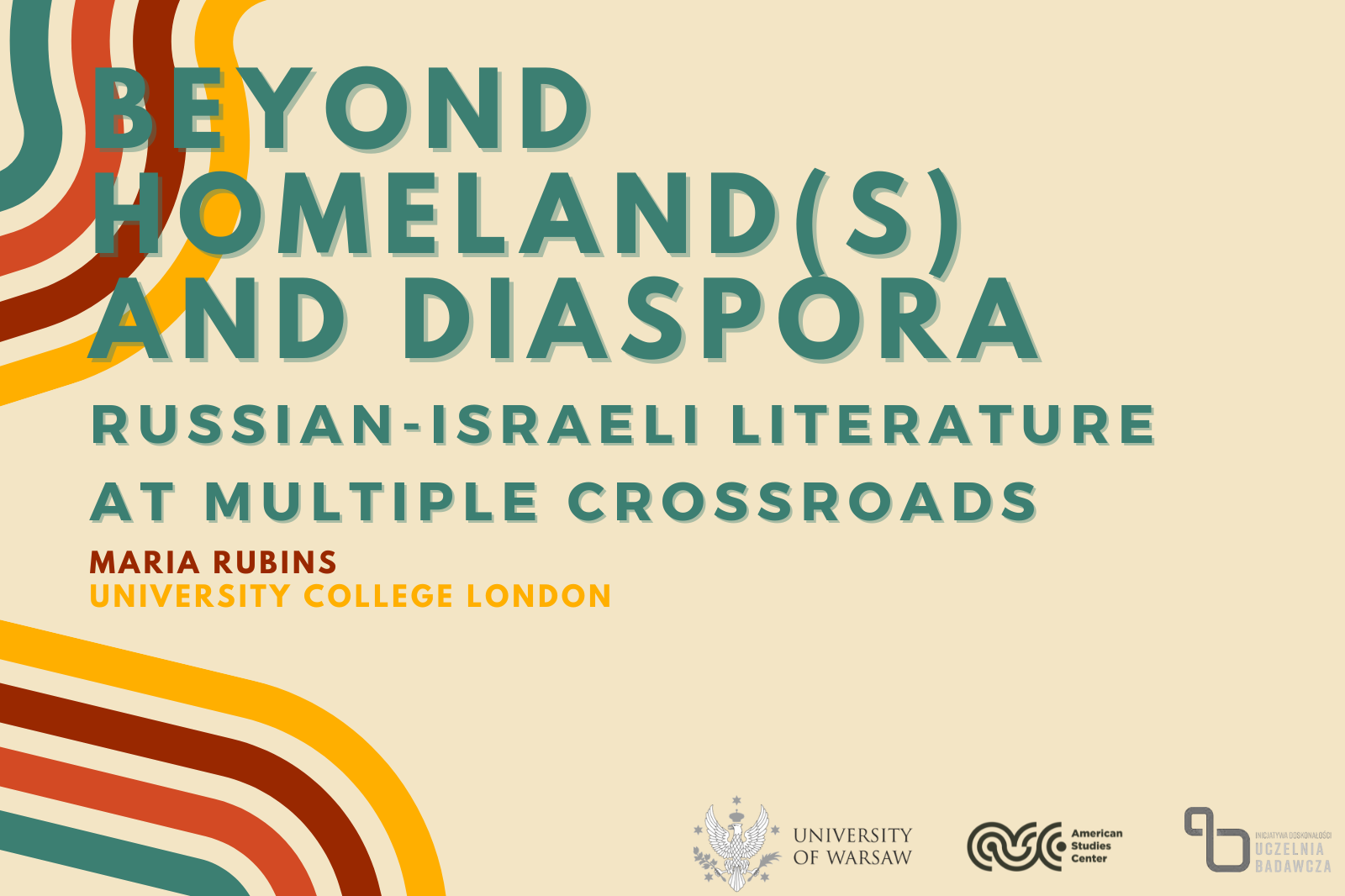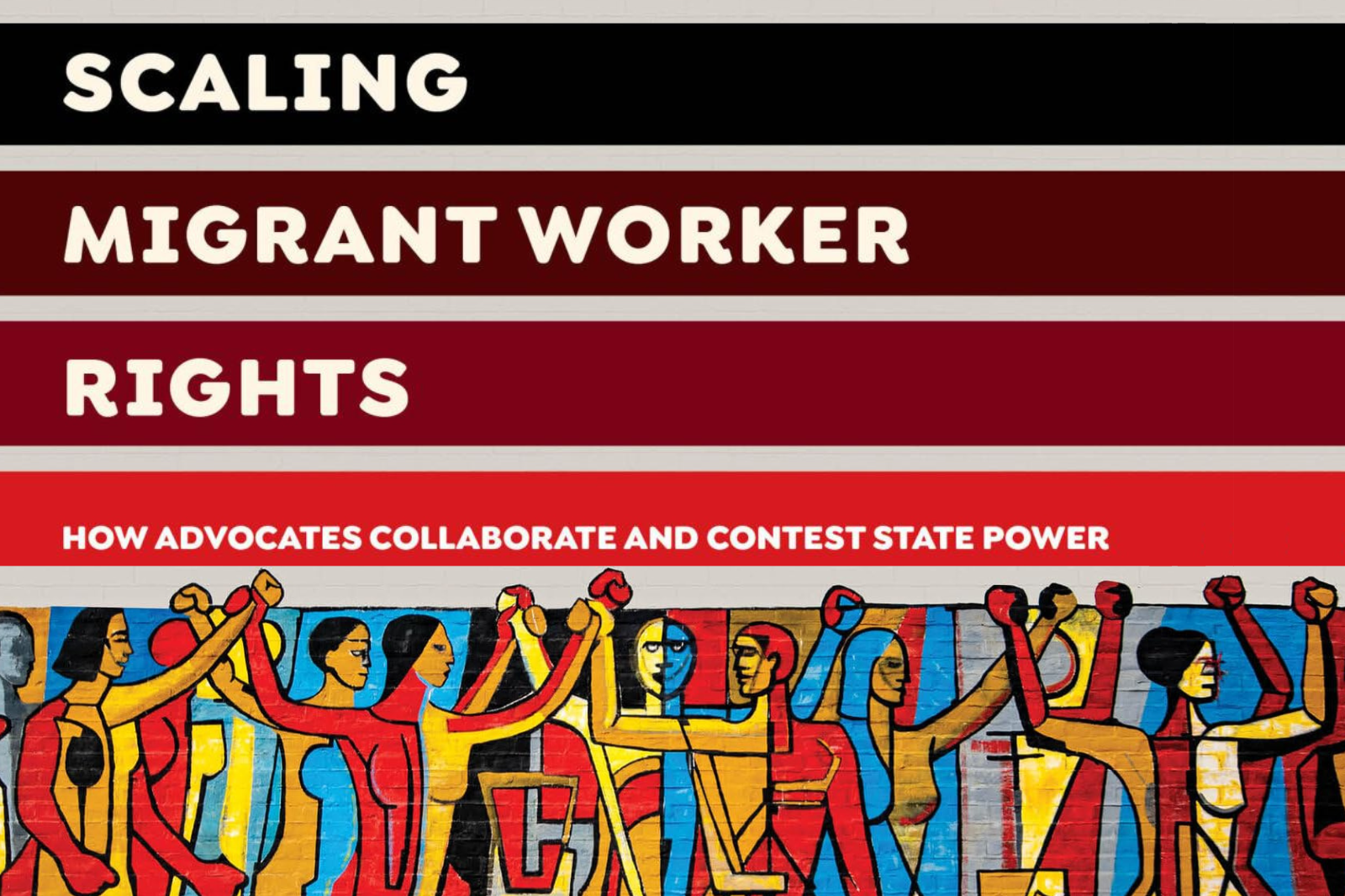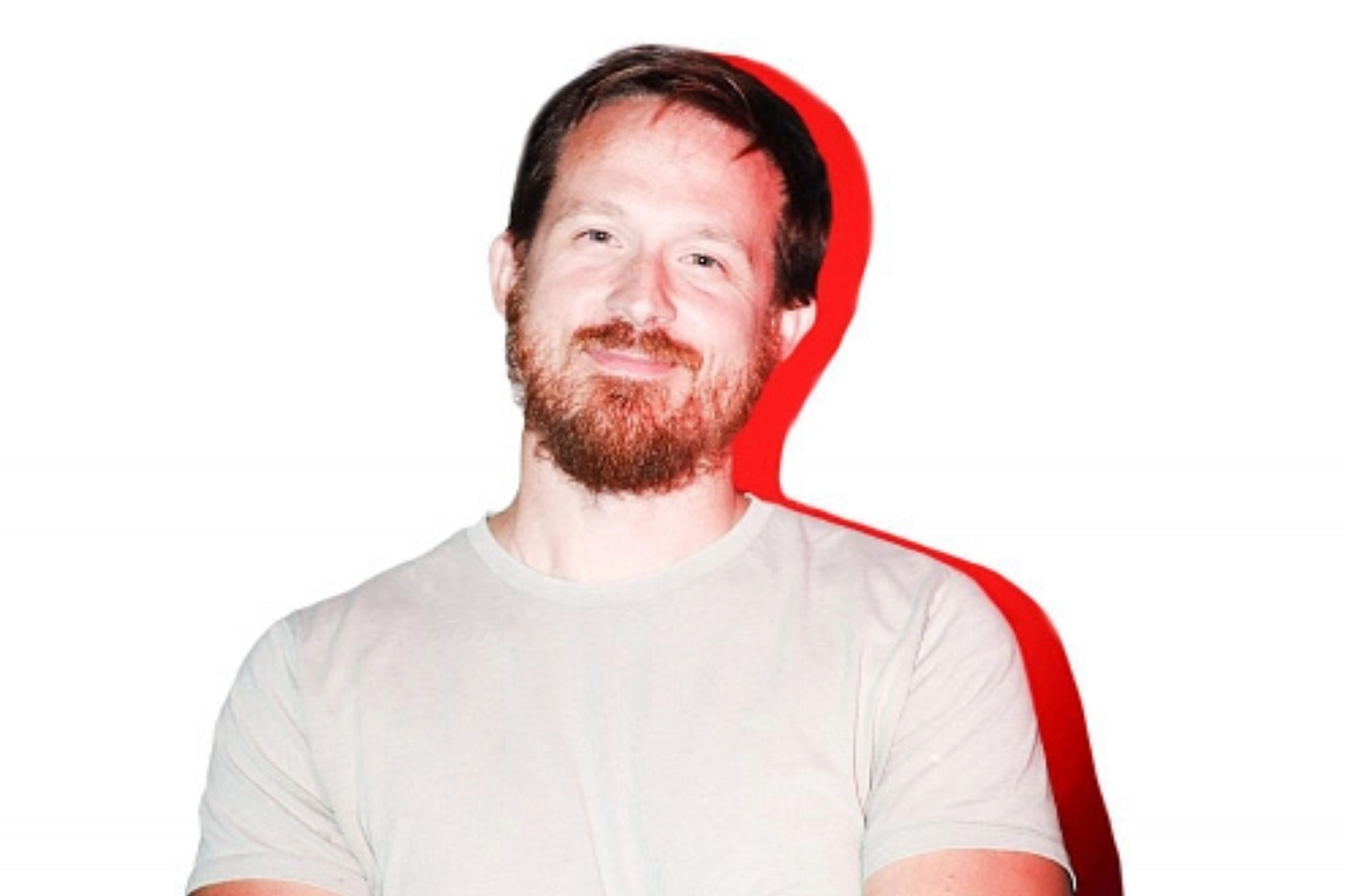Join Weird Fictions Research Group for the third lecture in the Weird Medicine series!
The meeting will be held online.
Agnieszka Kotwasińska
Body in Ruins: Brandon Cronenberg’s Cinema of Exhaustion
Tuesday, December 19, 2023
5.30PM
You can get 2 OZN points for participating in this event.

Where?
This lecture will be streamed online. To attend, join via Zoom or paste the link into your browser: https://uw-edu-pl.zoom.us/j/93816012586
What?
After a short introduction to the representations of organ transplant in Western cinema, my talk will focus on “the principle of somatic wholeness,” that is the idea that the body is to be “understood as a sovereign self: closed, contained, unified, and under rational control” (Russell 2019, 4). This paradigm demands that bodies deemed incomplete (due to disease, loss or disability) are to be medically restored, to the extent modern medicine allows such repairs. However, in contrast to rehabilitation or the act of curing a disease, transplantation offers a much more culturally ambiguous sense of recovery of body/self, which is often literalized in horror and SF texts through a trope of the loss of control after receiving a transplant. In contrast, as I argue, body horror inherent in Brandon Cronenberg’s two SF horror movies, Antiviral (2012) and Possessor (2020) is based on the director’s rejection of the principle of somatic wholeness. His protagonists have no prelapsarian “Before” to return to as they are locked in a vicious circle of (self)consumption and necrotic becomings. Thus, a somewhat naïve tale of transplantation in which an individual is shocked and dismayed at their interdependency and entanglement with o/Others is supplanted by a narrative of continuous interruption and exhaustion of the body/self.
Who?
Agnieszka Kotwasińska is Assistant Professor at the American Studies Center, the University of Warsaw. She specialises in Gothic and horror studies, gender studies and queer theory, and feminist new materialism(s). Her current research interests centre on embodiment in the so-called low genres, Slavic Horror, and death, illness and mourning in horror cinema. She has published articles in Somatechnics, Polish Journal of American Studies, and Humanities, among others, and chapters in Monsters: A Companion (2019), The Palgrave Handbook of Contemporary Gothic (2020), Diffractive Reading New Materialism, Theory, Critique (2021) and Fifty Key Figures in Cyberpunk Culture (2022). Her first monograph, House of Horrors: Familial Intimacies in Contemporary American Horror Fiction was published in 2023 by the University of Wales Press.




